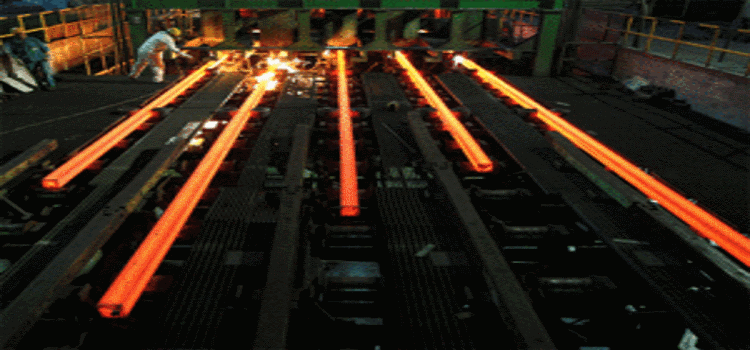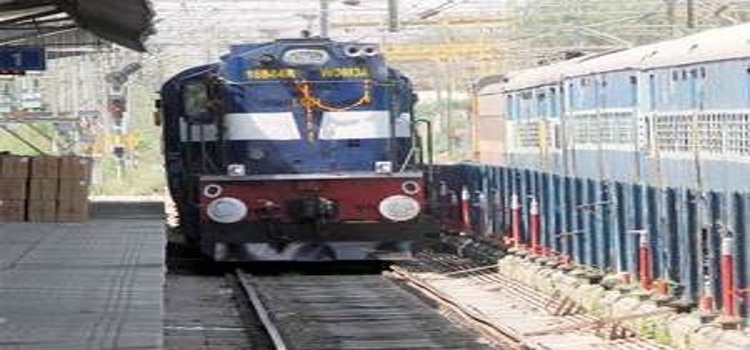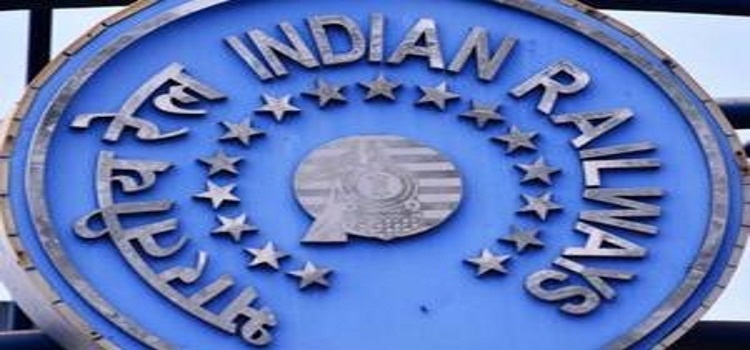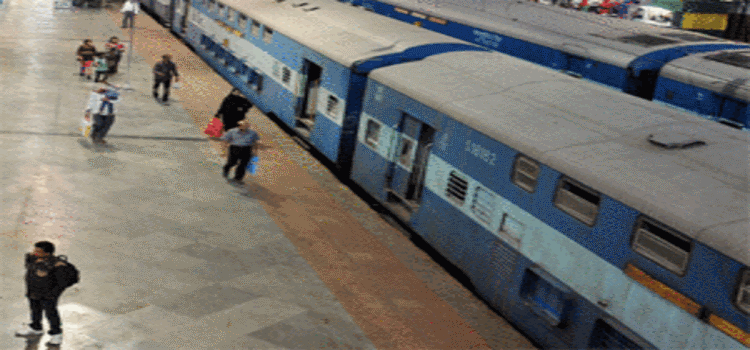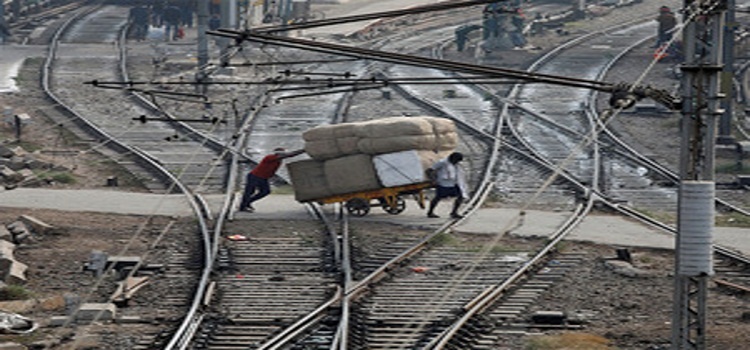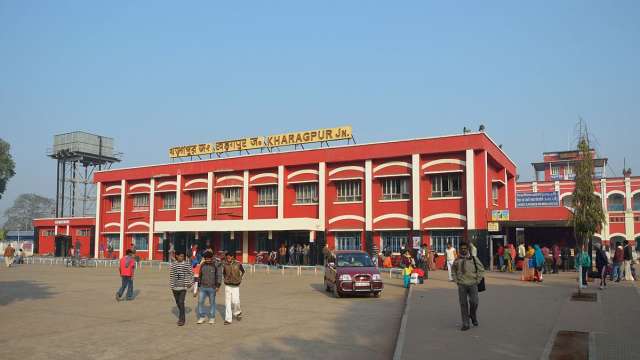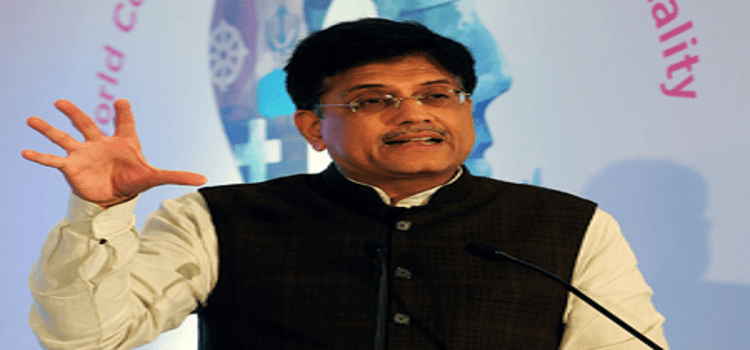
He was replying to a question on what the focus area of the funds that the Railways would seek from the Union Budget.
“We are looking at a much faster and efficient delivery of service to passengers and to our customers for freight,” he said.
Goyal, who after transforming the power sector took over the railway portfolio in September, said the Asia’s oldest railway network will not be constrained of funds at all.
“To my mind, there are many opportunities in the Railways to monetise assets within the Railways. So frankly, I will not be constrained for funds at all,” he said.
The Budget that Jaitley presented on February 1 this year broke the tradition since 1924 of having a separate railway budget.
In it, he announced the largest-ever allocation of Rs 1.3 lakh crore to the Indian Railways, with a gross budgetary support of Rs 55,000 crore.
Also, it was announced that the national carrier will focus on four major areas of passenger safety, capital and development works, cleanliness and finance and accounting reforms.
“We have enough funding for all our safety-related projects, for all our growth plans… for whatever is the investments required, we will be able to raise a large part of that fund internally within the Railways,” he said further.
He also said the Budget for 2018-19 can allocate more funds for public welfare.
“So, Finance Minister Mr Jaitley can provide more funds for public welfare to health and education out of the funds which he will save from the Railways,” he said.

